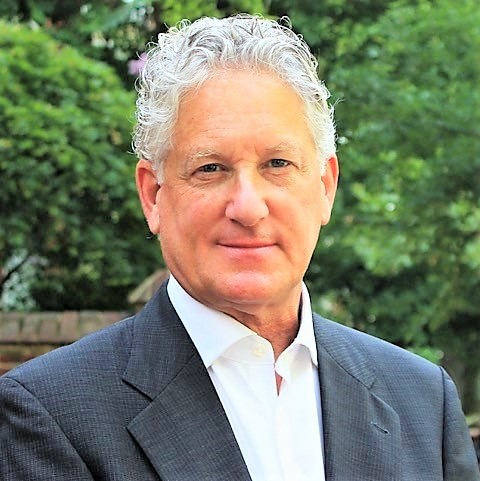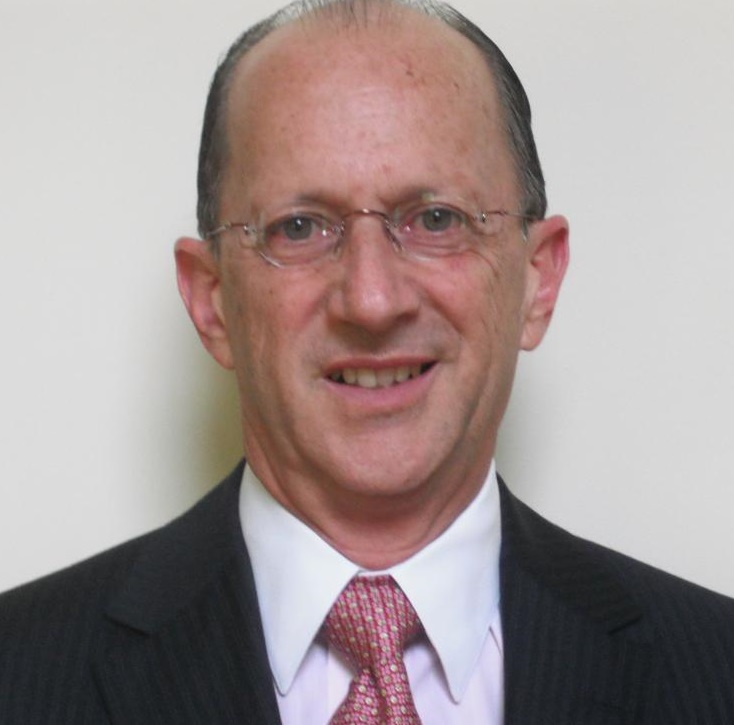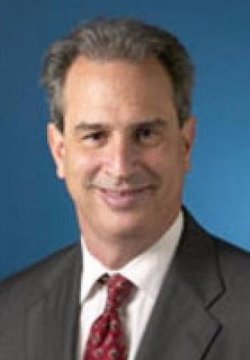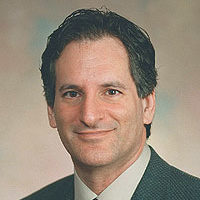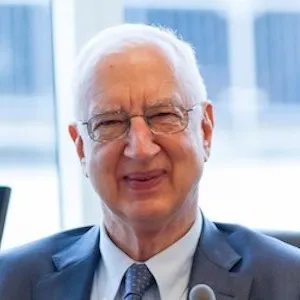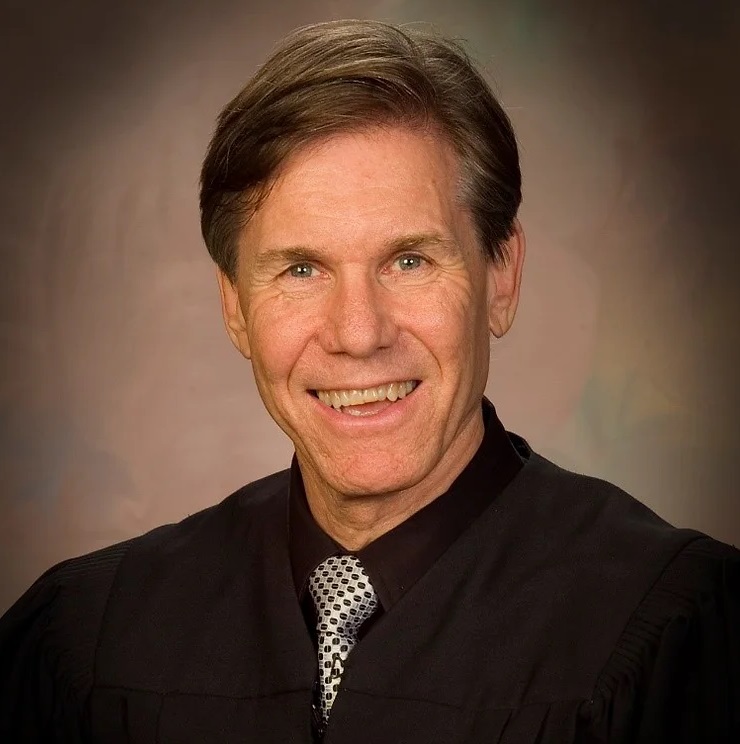Comment of Legal Academics, Economists, and Former Government Officials on Draft Policy Statement on the Licensing and Remedies for Standard Essential Patents
Abstract
This comment by 27 law professors, economists and former government officials was submitted to the Department of Justice in response to a call for comments on a draft policy statement on standard essential patents (SEPs). Although the draft policy statement is right to seek a “balanced, fact-based analysis [that] will facilitate and help to preserve competition and incentives for innovation and continued participation in voluntary, consensus-based standard-setting activity,” the comment identifies how its proposals fail to accomplish this goal. First, the draft policy statement fails to account for the extensive scholarly research and rigorous empirical studies identifying numerous substantive and methodological flaws in the “patent holdup” theory, including its failed predictions of high prices, less innovation, and less market competition; instead, a growing mobile communications marketplace has existed for several decades. Second, the draft policy statement micro-manages the negotiation and litigation process for SEPs, which would make injunctions and exclusion orders at the International Trade Commission a de facto nullity for SEPs. This special rule effectively prohibiting injunctions contradicts repeated court decisions in both the U.S. and Europe concerning the general availability of all patent remedies for SEPs. Ultimately, the draft policy statement incentivizes strategic holdout by implementers and de facto prohibits injunctive relief for ongoing infringement of an SEP by an unwilling licensee. This would harm U.S. innovators facing increasing economic and strategic competition from China. It also threatens U.S. economic leadership and its national security, which contradicts the expressly stated goal of President Joseph Biden’s Executive Order, the progenitor of this draft policy statement, of “preserving America’s role as the world’s leading economy.” Thus, the 27 legal academics, economists, and former government officials urge the agencies to reconsider its draft policy statement on SEPs. The comment includes an Appendix of the literature on the licensing and enforcement of SEPs.








